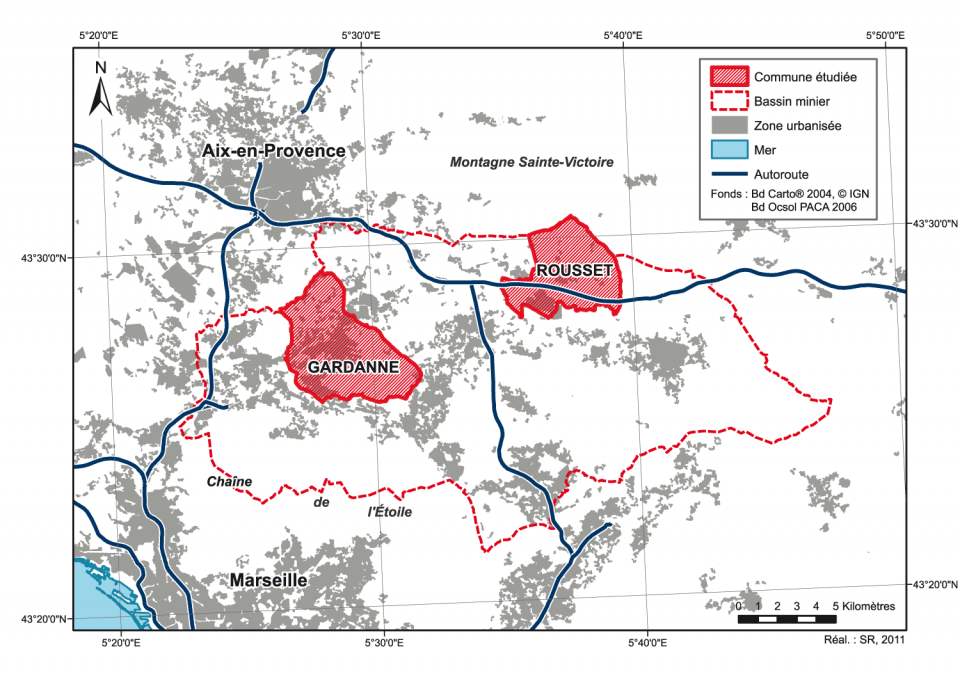
The project aims at investigating whether and how a scientific knowledge on soil quality can be integrated into urban planning so as to allow soil quality to be taken into account in all its dimensions, which has not been the case so far in France.
Its objectives are:
- The assessment of a legal concept of soil that would lead to integrate soils in preliminary studies and preserve economic and ecosystemic functions of soils, by choosing the best adapted uses in land use planning;
- The production of a scientifically-sound SQI (soil quality index) including all soils and adapted to the needs of land planners;
- To perform a knowledge transfer to urban planners so that soil quality is understood and taken into account.
- Refurbishment/ urban renewal
Scale of the project: city
Urban density in which the NbS is implemented: low (suburb at the limit with
rural areas, etc.)
Global (estimated) cost of the project: 50k€ - 200k€ (Ademe and Ministry of Environment)
Financing mechanism: cluster1 public financing
BUSINESS MODEL:
Business cluster: Organizational
Business model: Develop scale-up solutions
- Strategies actions
- Urban planning strategies
Urban Challenges:
1. Climate issues: Climate mitigation, Climate adaptation
2. Urban water management and quality: Urban water management and quality
4. Urban space and Biodiversity: Biodiversity
5. Urban Regeneration and Soil: Soil management
6. Resource efficiency: Food, energy and water
8. Environmental justice and social cohesion: Social cohesion, Envir. Justice Recognition
9. Urban planning and governance: Governance in planning, Urban planning and form
11. Green economy: Direct economic value of NbS, Circular economy
NbS Type:
Strategies actions → Urban planning strategies
- Uqualisol Research Consortium, coordinator Samuel Robert (Aix-Marseille University)(Project owner and leader)
Main partners:
- Prime contractor: Uqualisol Consortium
- others: University of Turin, communes de Gardanne et Rousset (Bouches-du-Rhône), CRIGE PACA
GOVERNANCE MODEL:
Governance cluster: cluster5 network governance
Governance model: Collaborative governance
Process enablers:
... → ... → ...
...
Process inhibitors:
... → ... → ...
...
Scale of the project: city
Urban density in which the NbS is implemented: low (suburb at the limit with
rural areas, etc.)
Expected time for the NbS to become fully effective after its implementation: large (beyond 5 years)
Feedback: Still well adapetd
Expected lifetime of the intervention: around 10 years
Dates (for project delivered): 2012
Olivier , DAMAS (olivier.damas@plante-et-cite.fr)
Maison du Végétal (https://www.plante-et-cite.fr/)
26 Rue Jean Dixmeras, 49000 Angers
Further information
Nature4Cities (https://www.nature4cities.eu/) aims to develop a knowledge diffusion around Nature-Based Solution (NbS) and a decision support platform through new collaborative models.
This project is part of the Nature4Cities's pioneer case studies database, it will feed the observatory, NbS pre-selection and replication tools, gathered into the Geocluster4NBS.
This project was chosen as a pioneer case study for the following reasons: the project uses original designs and technics encouraging the evolutoin of practicies.
Nature4Cities project has received funding from the European Union’s Horizon 2020 research and innovation program under grant agreement No 730468.
